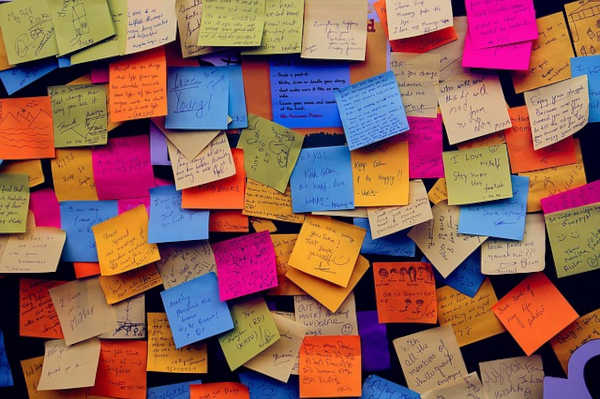Identifying Your Transferable Skills
A lot of new developers get so excited about the technical skills they acquire in our 16 Week Immersive Bootcamp that they neglect their so-called "soft skills," or transferable skills, when crafting their career assets, including their resume, portfolio, and Linkedin profile. However, employers are not just looking for robots with technical skills, they're looking for people who can do the job efficiently and get along with their teammates. While it is important to continuously develop your technical skill set, as a new developer looking for a job it also pays off to look inward, and to use this self-awareness to form a cohesive story about who you are, what you have learned from your past experience, and what you hope to achieve in the future.
Our post Career Switchers: Writing a Developer Resume Like a Pro introduced transferable skills and discussed briefly how important it is to include them in your developer resume. This post will dive a little deeper and show you how taking some time to reflect on your past achievements and determine your future goals will help you develop a personal narrative around your particular set of skills. Everybody has a unique combination of strengths -- effective job searchers are aware of theirs, emphasize them to the maximum extent on their career assets, such as their resume, LinkedIn profile, and portfolio, and discuss them comfortably in interview situations.
Reflection
The first step in starting your job search and developing your resume and online presence is reflection. Before creating or editing your developer resume, portfolio, and LinkedIn profile, take some time to sit down with pen and paper or your laptop and make a list of your transferable skills.
Identify Your Natural Strengths
First, think about your natural character traits. Think back to your childhood and your time in college. What have you always been good at? Perhaps you’re outgoing and get along well with everyone -- well, you have good Interpersonal skills, and probably have great Team Building and Teamwork skills to boot. Now, think about your relationships with your friends and your family. Are you always the one who plans reunions and get-togethers? It sounds like you are naturally systematic and organized -- excellent, not everyone can claim to have good Organizational skills. Do your friends come to you when they need advice? You're probably a natural at Problem Solving and Logical Thinking.
Determine What You Have Learned
Now, think back over your past work experience. What skills have you developed or learned over the years? Maybe five years of Customer Service work taught you to quickly identify the root of a customer’s issues, and sharpened your Problem-Solving skills. Perhaps you developed Conflict Management and Conflict Resolution skills through a previous career in HR, or your freelance writing work has taught you a lot about Time Management.

Don't underestimate the importance of Organizational skills
Look to the Future
Now that you have your list of skills, it's time to think about the kind of job you want and narrow this list to focus on transferable skills that support this professional goal. For this, you'll want to look ahead to the future -- where exactly do you want to be in your career in five years? Ten years? Think generally here -- what kind of workplace do you see yourself in; what kind of boss would you like?
Maybe you see yourself in an office, working closely with members of your workgroup on your product. This obviously shows an interest in more team-oriented roles, meaning that you should place more emphasis on your Teamwork skills, and other transferable skills that are related to Teamwork, such as Interpersonal skills, Leadership, and Delegation, in your career assets. Or, maybe the opposite is true and you see yourself working independently, freelancing for several different clients. This is great too -- just make sure to focus on transferable skills that showcase your independence, like Organization, Time Management, and Self-Direction.
Develop Your Story
By now, you should have a list of transferable skills that is specifically tailored to you. This particular set of transferable skills will form the backbone of your personal narrative -- a story that highlights your core strengths formed from your experience. You've already started thinking about this story when identifying your skills; now it's time to put it all together.
Once you have an idea of this narrative, you'll want to make sure that all of your career assets support it. Your LinkedIn profile is a great place to start -- you have more room here than you do in your resume to go into a little more detail about specific projects you led or workgroups you were in where you demonstrated some of those transferable skills that are core to your story. And what about the About Me section in your portfolio? This is the perfect place to subtly insert emphasis on your transferable skills, while communicating your personality as well. For instance, if your narrative includes a focus on your Organizational skills, you could mention your carefully catalogued rare coin collection.
A coherent, consistent personal narrative is especially important to career changers in interviews as well. This self-knowledge will help you to concisely explain how your past experience has led you to your current situation, and how this experience relates to your future goals in development. Having a clear idea of your personal narrative will ensure that you are able to go beyond expressing your new interest in and passion for programming to showing an employer how you are specifically prepared to excel in a development career.
We provide detailed resume reviews and guidance in our programs. If you're interested in learning more, please click the button below to download a course catalog!

